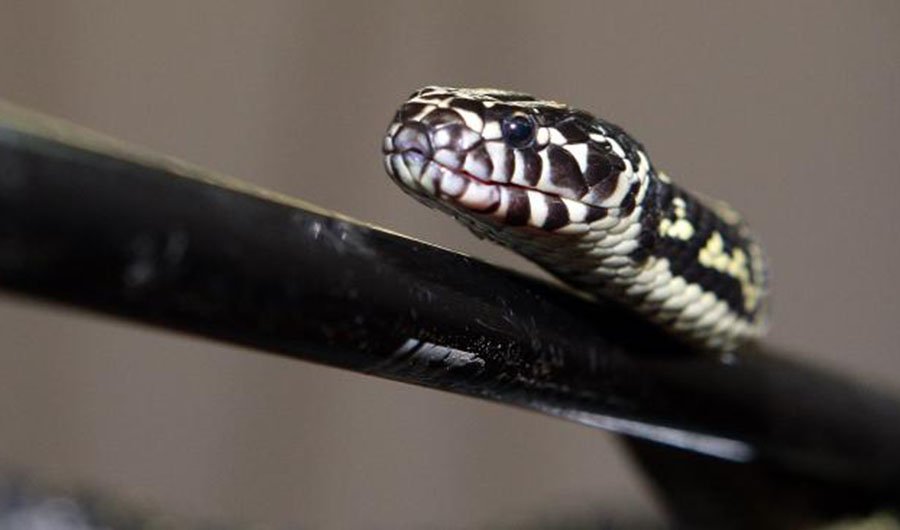DNA records could save snakes from illegal trade

RESEARCHERS FROM THE Australian Museum have developed new DNA testing that will help identify endangered snakes poached from the wild.
These new tests will assist scientists and animal experts in curtailing the illegal trade of these reptiles, which has been steadily increasing.
The procedure is similar to the way DNA helps differentiate humans. Scientists will take samples of tissue from wild snakes, snakes living in captivity and snakes owned under a license and examine these under a microscope.
Greta Frankham from the Australian Museum Research Institute’s Centre for Wildlife Genomics told News Local that from these gene pools “animals which have popped up as suspected of being poached can be tested against animals in the captive population and looked at for patterns.”
Greta said that increasingly, wild snakes are being poached by licensed snake owners to replace legally bred domestic reptiles.
“It’s easier and cheaper to get another from the wild instead of going through the correct process … and this is emerging as a trend for the illegal wildlife trade across the world,” Greta explained.
The DNA samples will be stored in 2ml bottles, frozen at 80 degrees and added to the AMRI biobank that is made up of large freezers, which intend to keep animal genes safe for a number of years.
The illegal wildlife trade in Australia, while not equal to that of Asia or Africa, still remains a multi-billion dollar industry and a major threat to wild snakes.
Recently, scientists were encouraged to withhold the location of species in their published research as poachers were using these details to locate certain species.
READ MORE:
- Poachers are using scientific research to locate rare and endangered species.
- Dugongs being poached for meat, MP claims.
- National parks failing in Africa.

